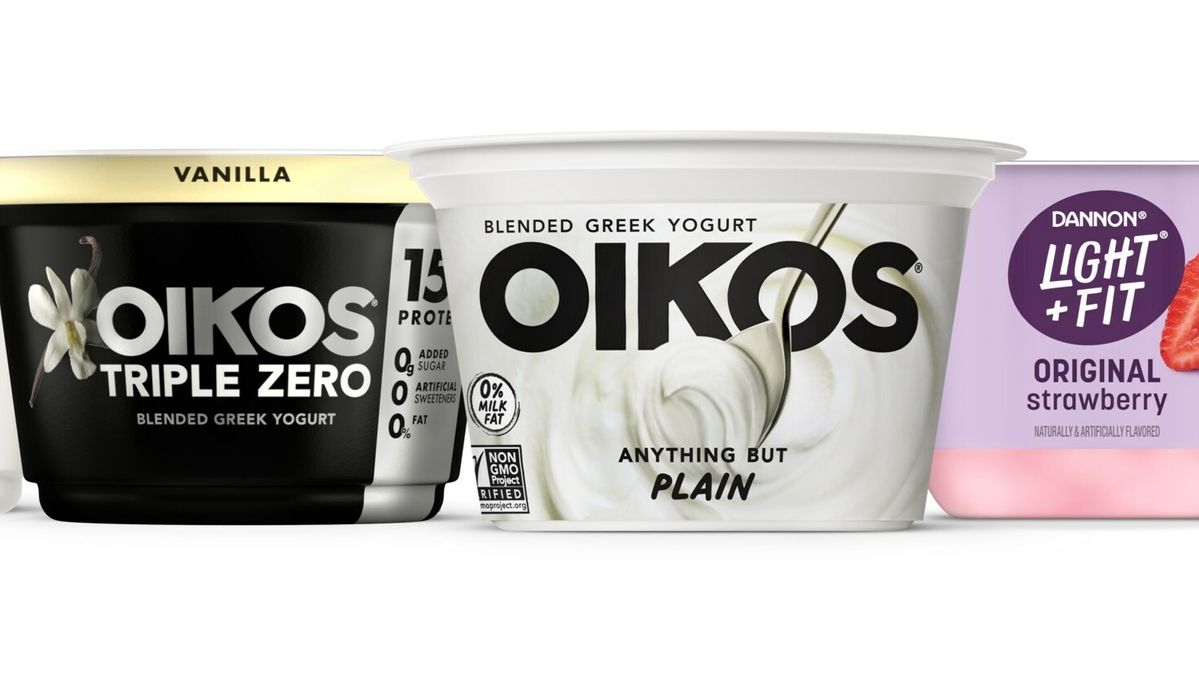
In a landmark decision that intertwines the realms of nutrition, health policy, and consumer rights, the U.S. Food and Drug Administration (FDA) has recently paved the way for yogurt manufacturers to tout the potential health benefits of their products in combating type 2 diabetes. This shift, rooted in a blend of scientific inquiry and advocacy, marks a significant moment in the ongoing dialogue about diet, disease prevention, and the role of regulatory bodies in guiding public health narratives.
A Spoonful of Prevention: Yogurt and Type 2 Diabetes
The FDA’s announcement comes on the heels of a comprehensive review process, initiated by a petition from Danone North America nearly five years ago. The heart of the matter lies in the qualified health claim linking yogurt consumption to a reduced risk of developing type 2 diabetes. This claim, cautiously endorsed by the FDA, is backed by a body of evidence suggesting that regular intake of yogurt could indeed play a role in diabetes prevention. A pivotal study from BMC Medicine in 2014 highlighted a 17% reduction in risk with each additional serving of yogurt consumed daily. However, it is crucial to understand that these claims are not without their conditions and caveats.
Under the FDA’s guidelines, yogurt products eligible to carry this claim must meet specific standards, including consumption recommendations of at least 2 cups (3 servings) per week. This move aligns with the agency’s longstanding practice of permitting qualified health claims for foods and dietary supplements, a policy designed to inform consumers without misleading them about the scientific evidence’s strength.
Navigating the Nuances: The Evidence and its Limitations
While the FDA’s decision has been met with enthusiasm from industry stakeholders and some health advocates, it also raises important discussions about the nature of the evidence underpinning such health claims. The qualified health claim for yogurt is grounded in observational studies, which, although valuable, do not establish a cause-and-effect relationship as robustly as randomized controlled trials would. Critics argue that this evidential threshold, characterized by the FDA as “limited scientific evidence,” may not suffice to definitively assert yogurt’s protective benefits against type 2 diabetes.
Moreover, there’s a broader conversation about the implications of promoting food products on the basis of health claims, particularly when such claims might inadvertently encourage the consumption of versions of the product (e.g., high in added sugars) that could detract from the intended health benefits. The FDA’s allowance for the claim explicitly avoids specifying any particular nutrient or component of yogurt as the protective agent, focusing instead on the overall consumption of yogurt as a food item.
Looking Ahead: Implications for Consumers and Public Health
The FDA’s announcement represents a nuanced step forward in the intersection of diet, health communication, and disease prevention. Miguel Freitas, Ph.D., from Danone North America, views this development as an opportunity to empower consumers with information that could potentially guide healthier dietary choices. Yet, the conversation does not end here. As the public navigates these new claims on yogurt containers, the need for continued education about the complexities of nutrition and disease prevention remains paramount.
Ultimately, the FDA’s decision to endorse a qualified health claim for yogurt’s role in reducing the risk of type 2 diabetes underscores the dynamic and evolving nature of nutritional science and public health policy. It invites consumers to consider the broader context of their dietary choices while reminding us of the ongoing challenges in translating scientific evidence into practical, actionable guidance for the public.
